Contribution of Instrumental Techniques towards advances in Analytical Chemistry
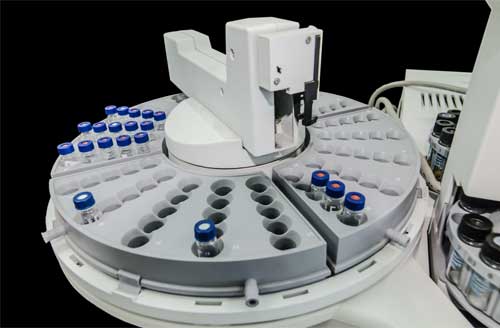

Analytical chemistry owes its beginnings to classical analysis techniques. What makes classical analysis techniques popular even today acknowledges the contribution of classical analysis to advances in analytical method developments. It also emphasizes the fact that to gain a sound hold on advanced analytical instruments you have to have a good grasp over the basics of classical techniques.
Today the horizons of analytical studies have expanded at an unforeseen pace. Increasing consumer demands, safety concerns and development of new materials have raised the expectation levels from the analytical scientist in terms of commitment on the reported results, ultra- low detection limits and speed of analysis.
Industry demands instantaneous results on manufactured products in assembly lines or process streams. Such decisions have far reaching implications on commercial and quality of manufactured goods. These decisions are possible using off-line advanced instrumental analysis techniques as well as online process monitoring. Classical techniques which no doubt provide high accuracy of results are no match when it comes to speed of analysis. Besides the analysis speed automated instrumental methods also ensures freedom from personal bias and errors. What are the benefits offered by modern analytical instrumental methods over non-instrumental methods covers some of these benefits at length.
Instrumental methods of analysis have exploited several basic properties of matter such as light absorbance, electrical conductivity, viscosity, phase transitions, presence of isotopes, molecular vibrations and selective adsorption of certain species, etc to develop well defined analytical streams such as spectroscopy, chromatography, thermal analysis, electrometric methods and the like. The limitless available options have helped the analytical scientist gain insight into arrangement of atoms and molecules in solids (both crystalline and amorphous), geological specimens and biological samples. Instrumental methods have also significantly contributed to our understanding and development of nano-materials, bio-fuels, semiconductor devices and clinical diagnosis.
Rapid advances in micro electronics, optics and automation have further contributed to the advances in instrumental techniques and their scope of applications. However, it is once again emphasized that the analytical scientist should constantly upgrade his or her analytical skills, update on basics and avoid the pitfalls of becoming a mere technical operator of analytical instruments.

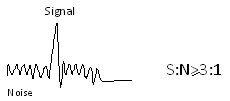
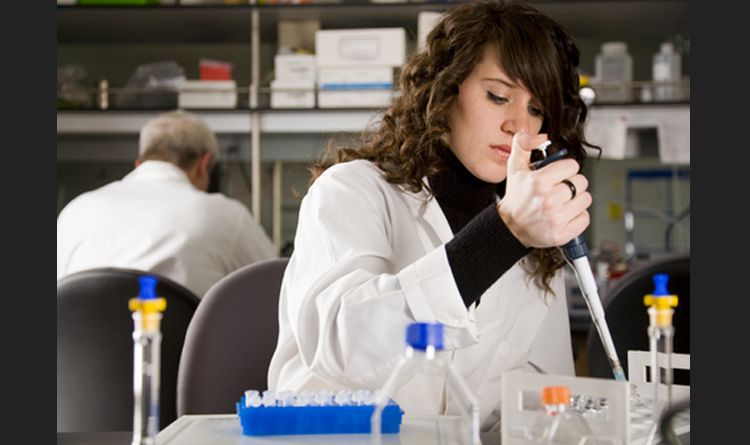
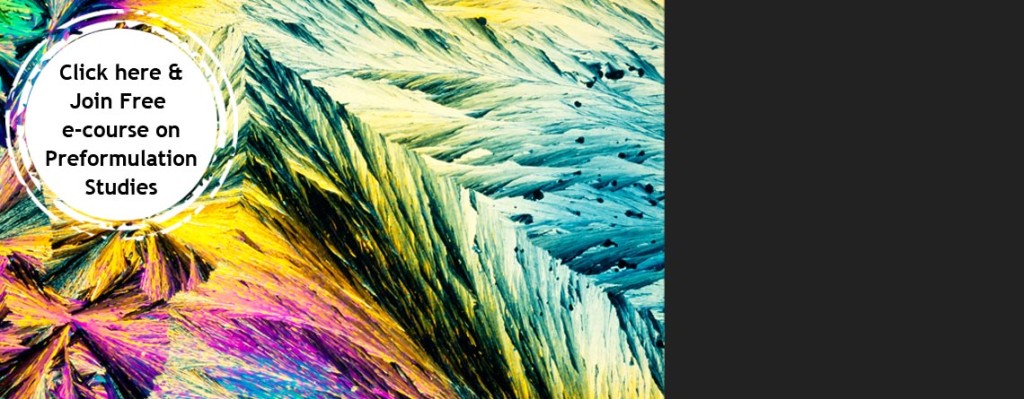
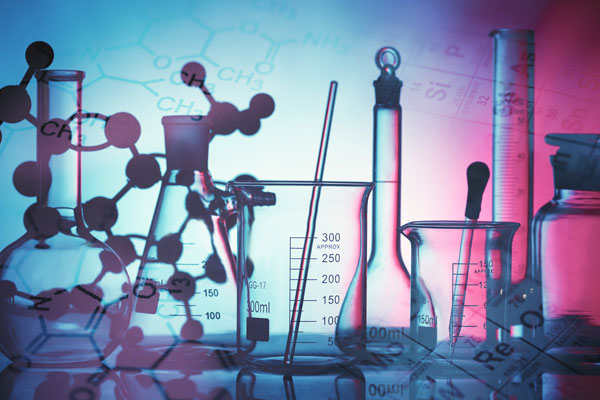
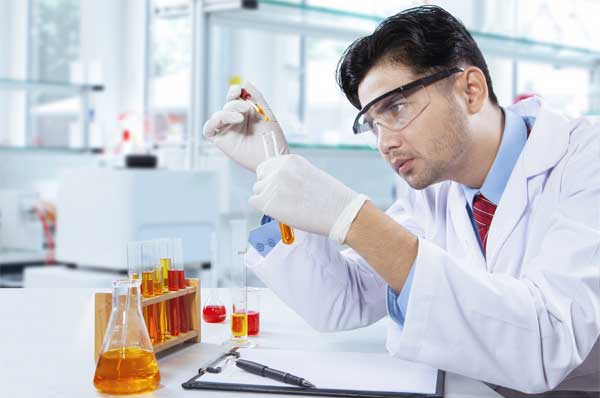
I came across this website last week. I am eager to start training for the advanced aas training. But a couple of questions. Are these courses in your website accredited? Do the courses have a component of servicing and maintenance? Meanwhile as l sought to register for the free courses having provided both my name and email the Link sent to me for confirmation is inactive and as a result l cannot complete the registration.
Our laboratories are NABL accredited and we have other recognitions such as ISO,EIA,DSIR,etc. The courses are developed by our experienced scientists and are based on universally accepted guidelines of regulatory bodies.Please try again registering for the free courses. It could be a connectivity problem. In case you still face any problem please do get back to us.